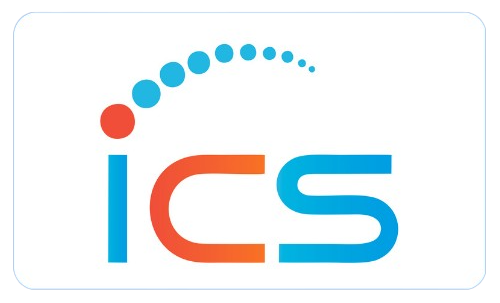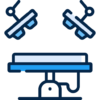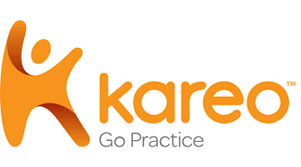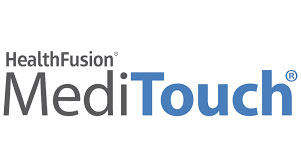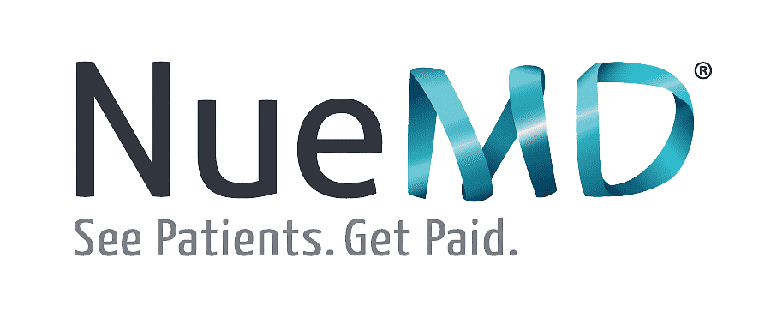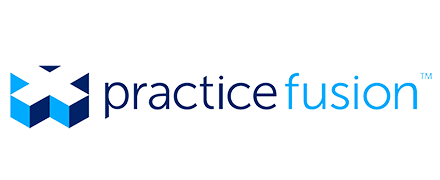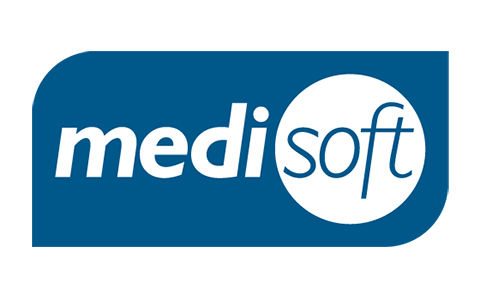What is Orthopedic Billing?
Prior to, during, and following a patient visit, accurate documentation is essential for orthopedic billing. All services must be meticulously documented and charged for by the billing staff. A claim could be rejected as a result of mistakes like as inadequate patient demographics entry or failing to confirm the patient’s eligibility in advance. Lack of knowledge of insurer preferences and timeframes might hinder revenue collection, along with authorization errors. In comparison to other specialties, orthopedic billing is challenging and necessitates a deeper comprehension of providers’ offerings.
35% of orthopedic surgery claims are incorrect, and of those, 25% of medical claims are rejected. This high denial rate can hit revenue collections for your orthopedic practice.
Guidelines for Orthopedic Billing
Why lose revenue and push your practise towards losses when a few guidelines for orthopedic billing can help with maximum reimbursement? From validating patient information to submitting claims on time with accurate coding, here are some quick tips.
1. Accuracy in Coding
If you want your business to be appropriately reimbursed by the insurance providers, billing codes are crucial. The ICD-10, which includes codes for all diagnoses, treatments, and medications used for treatment rendered, defines these codes. Different clinical procedures are involved in orthopedic practises:
Reconstruction of joints and procedures on the ankle, spine, shoulder, elbow, and hand
Non-surgical treatments such as chiropractic, physiotherapy, or occupational therapy
These treatments are highly expensive, and incorrect coding might result in significant issues and losses. Payers occasionally reject billing claims because they lack sufficient specificity. You must ensure that your practise is utilising the appropriate codes for the process or service, in addition to having as much information as possible documented to support the codes chosen.
2. Tendons and ligaments
The treatments for the tendons and ligaments, like a PLC reconstruction, are different. Repair operations for those sections would start with “0L” and “0M,” respectively, and are commonly submitted as orthopaedic surgery claims. This comprises:
Depending on the method employed, the code for a tendon repair in the right lower arm could be one of the following: 0LQ50ZZ, 0LQ53ZZ, or 0LQ54ZZ.
One of the following codes could be used to indicate a ligament repair in the right lower arm: 0MQ50ZZ, 0MQ53ZZ, or 0MQ54ZZ.
3. Timely Submission of Claims
Filing your claims on time is an important guideline to adhere to. Streamline your billing process and metrics to make sure you submit claims on time. You also need to be fully aware of the insurance companies’ deadlines. A claim being denied or paid hangs largely on the timing of claim submissions.
4. Verify Insurance and Patient Information
Verify insurance coverage sooner to save dollars and time. This will stop future denials and other problems. Every patient should be able to actively participate in the treatment they are receiving, so your orthopedic clinic should pre-authorize and confirm the coverage offered by a number of insurance companies. You should also learn how to accurately read the reports that the insurance provider sends. You’ll be able to determine whether the policy provides for payment of your services or not.
5. Local Coverage
A fiscal intermediary’s or a carrier’s determination under Part A or Part B, as appropriate, regarding whether or not a specific service is supported on an intermediary- or carrier-wide basis under such parts is referred to as a “local coverage determination.” Accordingly, they will vary based on the Part B that you are charging. Pay close attention to these so you can refer to the laws and ordinances in your area.
Consider Outsourcing
In many cases, outsourcing your orthopedic billing and revenue cycle management actually lowers costs while boosting revenue. Additionally, it can help your clinic and staff save time by appealing or resubmitting rejected claims. By outsourcing your billing, you can avoid the delays brought on by sick days and vacations, as well as the inconveniences associated with an in-house billing staff. In general, practises that collaborate with a professional provider of revenue cycle management to handle invoicing and accounts receivable (A/R) enjoy higher revenues, decreased overhead costs, and better profitability.
Why choose Info Hub Consultancy Services (ICS) ?
Info Hub Consultancy Services, an offshore medical billing company, provides comprehensive orthopedic billing and coding services. When you work with ICS, there are plenty of benefits for you.
- Increased productivity and collection ratio
- HIPPA adherence
- Timely and tenacious appeals procedures for rejected claims and false claims
- Speedy turnaround
- Software selection
- Updated with coding rules
- No upfront payments or additional charges
- No yearly agreements
- Monthly or weekly reports
- Savings of 30% to 40%
Profit from our comprehensive orthopedic medical billing services that are tailored for your clinic and take pleasure in a constant rise in revenue.
